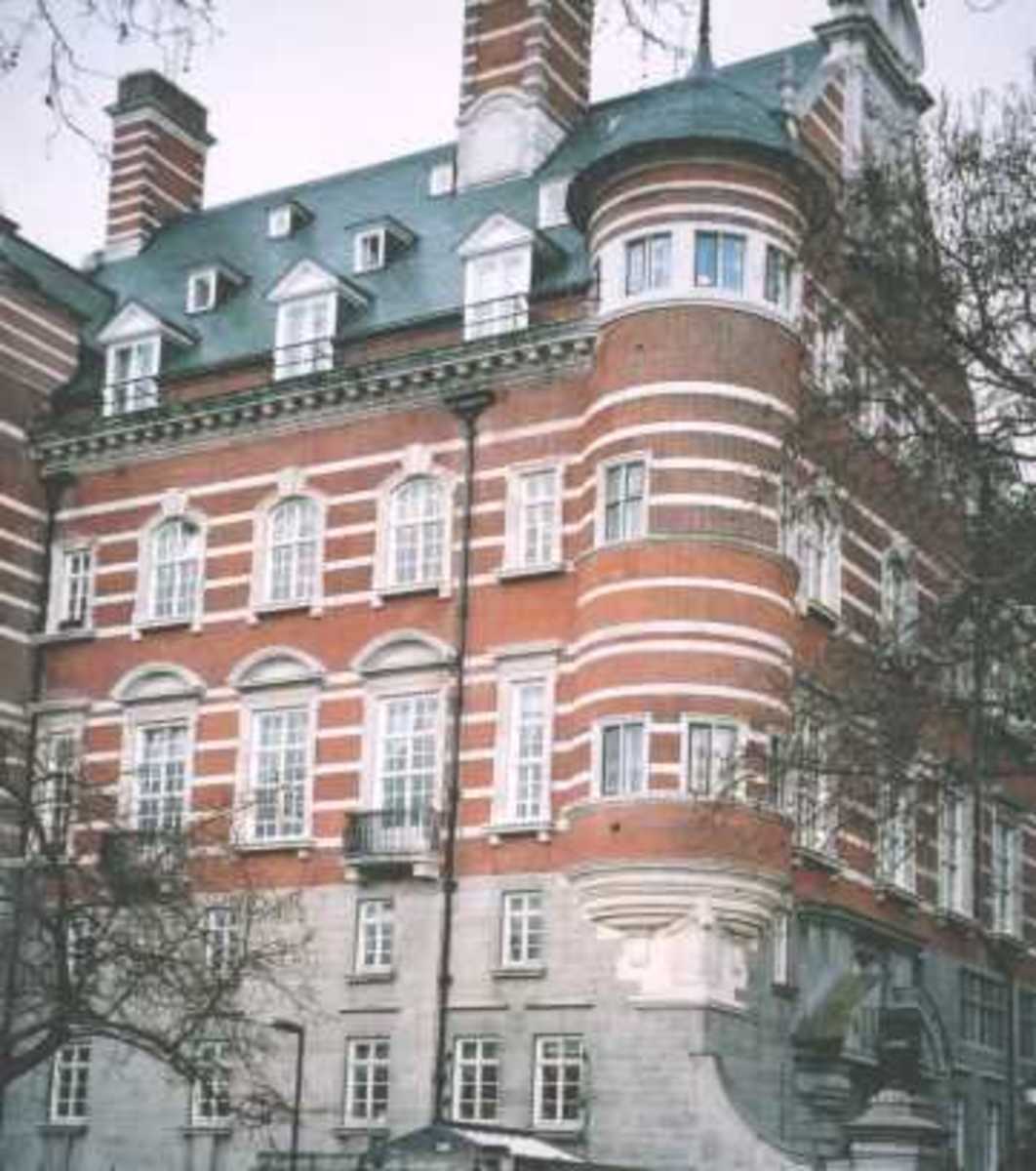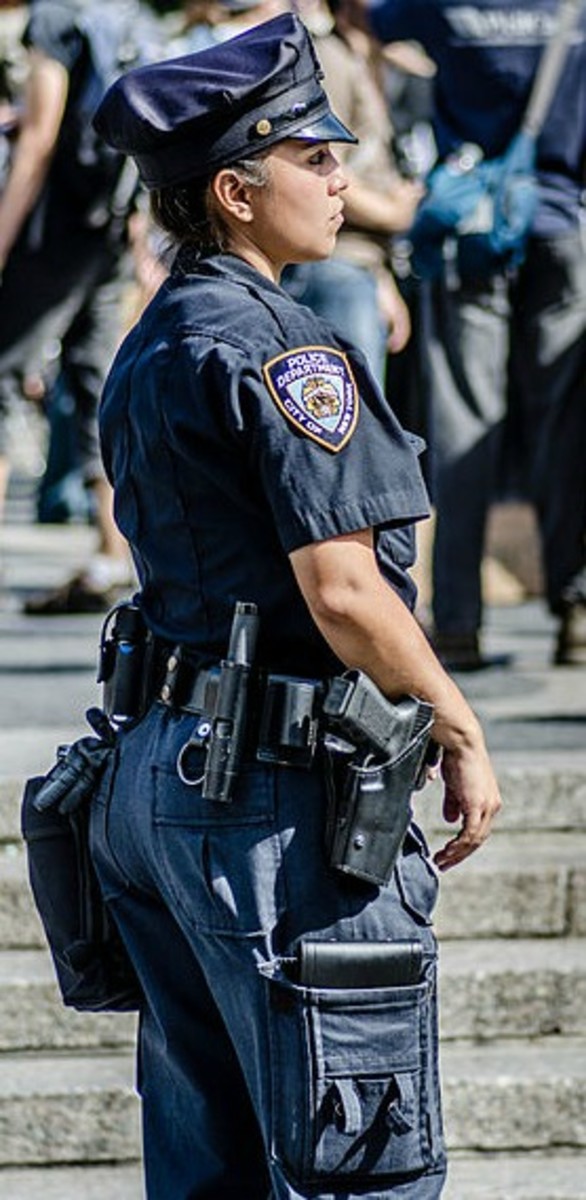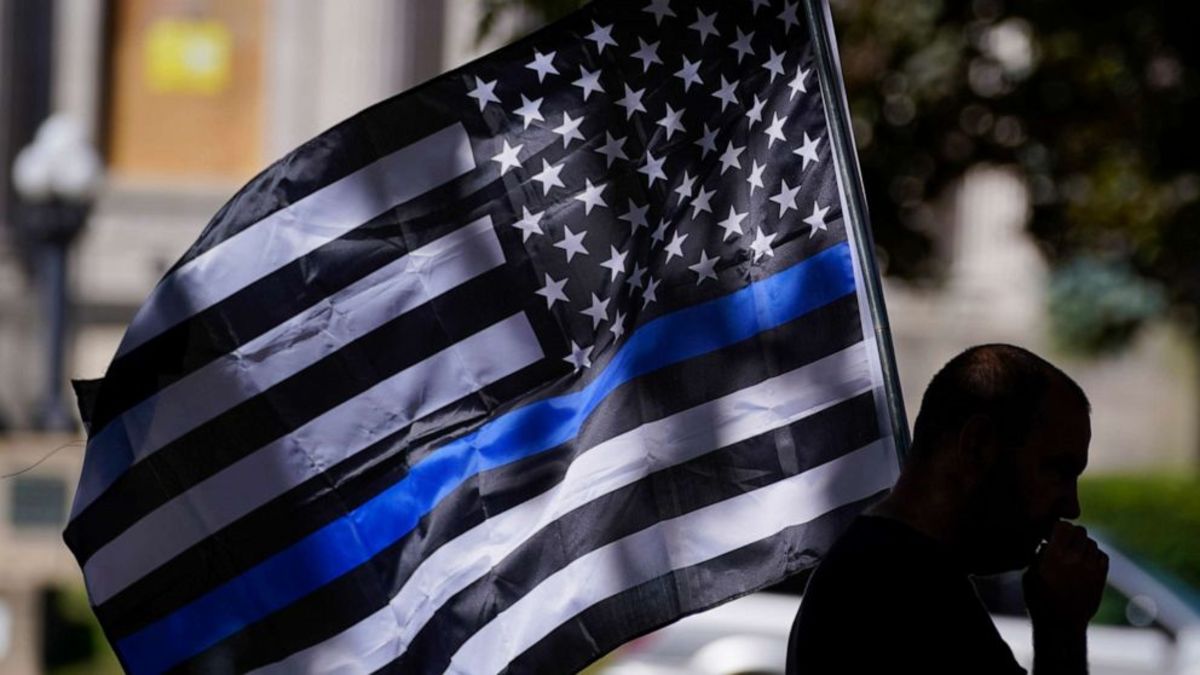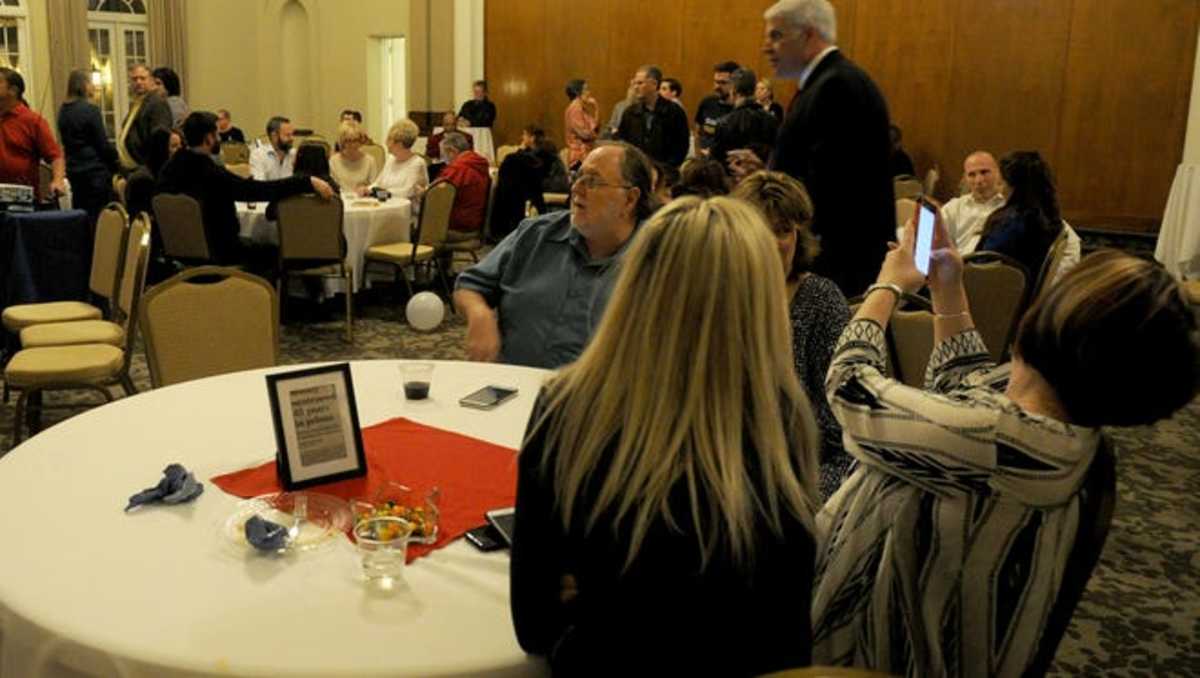Sir Robert Peel
Sir Robert Peel
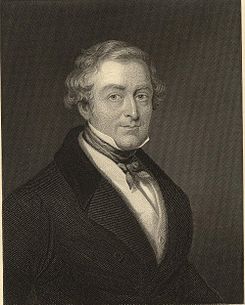
Sir Robert Peel
Sir Robert Peel, 5 February 1788 – 2 July 1850, served as Prime Minister of Great Britain from late1834 to April 1835, and from August 1841 to June 1846. What he is best remembered for though, is the formation of the first police force in England. While serving as Home Secretary he realised that something should be done to put a stop to the many robberies and murders that were being committed, as well as the minor crimes of burglaries and assaults. His Police Officers were christened 'Bobbies,' and 'Peelers,'after himself.
In 1822, he raised a committee to revue the existing police, the watchmen and Bow Street Runners, with the idea of forming a central police force.
Bow Street Runners were an organisation formed by the author Henry Fielding. It was founded in 1749 and the runners, as they were called, served writs and carried out private investigations. They reported to the magistrates at Bow Street Court and were paid by government funds.
'Cops' and 'coppers' are names derived from the old English -cop- to sieze or take.
Sir Robert Peel formed the first Metropolitan Police Force in London, starting with about a thousand men. They were very unpopular because none of the population had ever been subject to Police discipline before, and they resented it. But the Peelers were very successful in the fight against crime and later all cities in the UK were ordered to form their own police forces. His principles of good policing were roughly:
The ability of an officer to carry out his duty by the public's approval of his actions. (He maintained that, quote, 'the police are the public and the public are the police')
Officers must have the willing co-operation of the public by securing their respect.
The co-operation of the public is lessened if physical force is used.
Officers will gain public favour by demonstrating impartial service to the law.
They will use physical force only to the extent necessary to secure order, and then only when persuasion and warning have failed.
Police must direct their actions strictly towards their sole function, and never try to usurp the powers of the judiciary.
Police efficiency will be shown in the absence of crime and disorder.
He started by outlining a plan for six police districts in London. Then in 1828 he began drafting the Metropolitan Police Bill for a disciplined force. He appointed Col. Charles Rowan and Sir Richard Mayne to establish the force, and in July 1829, he approved the force of 895 constables, 88 sergeants, 20 inspectors and 8 superintendents.
It was stressed that the principal duty of the police was to be crime prevention, rather than crime detection.
Peel also proposed that senior officers should be promoted from the lower ranks and not brought in from the higher social classes.
While out riding in June 1850, his horse shied and threw him off. His horse fell on him and he suffered multiple fractures. Sir Robert died on July 2nd of a clavicular fracture rupturing some blood vessels.
Sir Robert Peel is commemorated in the Metropolitan Police Service by the training schools' names. Peel House has now been re-named Peel Centre and a bronze statue was acquired by the Hendon Police training school in 1873, and by a marble bust displayed in their Historical Museum.

